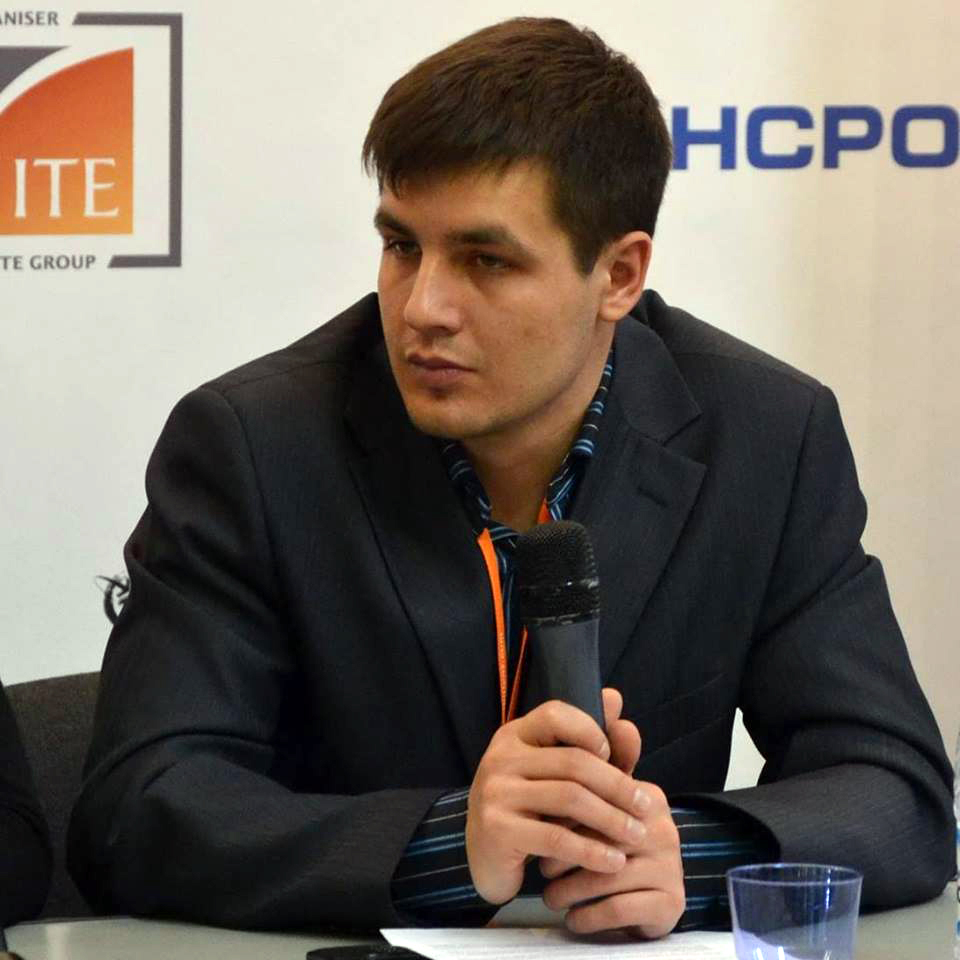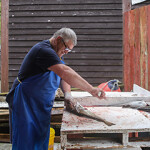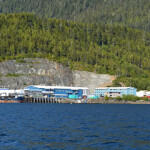Russia’s overall catch has been on a consistent rise. In 2010, Russia’s total catch reached 4.2 million metric tons (MT). In 2012, that figure had increased to 4.33 million MT. By 2016, total fisheries were 4.6 million MT, and last year was record-breaking, with totals cresting 4.9 million MT, according to the Russia’s Federal Agency for Fisheries.
Yet paradoxically, the average consumption rate of fish by Russians within the
… Read MoreThe Russian government is considering a controversial return to auctioning off its crab quotas.
Crab quotas have a complicated history in Russia. In the early 2000s, they were distributed through auctions, but the unpredictability of market prices resulted in heavy losses for many crab-fishing companies, and some went bankrupt. In response, in 2008, a historical catch system was introduced, with quotas allocated in 10-year intervals.
The
… Read MoreThe Russian-Korean Fisheries Intergovermental Commission concluded that both sides should increase cooperation to boost South Korean investments into Russia’s aquaculture sector and widen the list of Russian seafood products exported to South Korea whose origin must be additionally
… Read MoreClimate change is causing significant reduction in Arctic ice totals, opening vast areas of the world’s northern seas to transportation and fishing. According to research from the Arctic Council's Arctic Monitoring and Assessment Program, the Arctic may be ice-free as soon as 2030, though other research suggests that it will happen by 2040.
Russia, which possesses the largest coastline of the five nations with a presence in the
… Read MoreThe Russian government has announced the winners in the first round of applications allowing companies building new vessels or seafood processing plants domestically to acquire additional fishing
… Read MoreMaxim Vorobyov has sold his 44.7 percent stake in Russian Fishery Company (RFC) to another major stakeholder, Gleb Frank, previously the owner of a 45.25 percent stake, the company announced in a press release. Pending the approval of the Russia’s Federal Anti-Monopoly Service, Frank will own more than 90 percent of Russia’s second-biggest fishing company.
RFC didn’t disclose the deal’s financials, saying only
… Read MoreThe government of the Primorsky krai region in Russia’s Far East has signed an agreement with the management of the Vladivostok Sea Fishing Port (VSFP) that will see the port shift toward handling less coal and more
… Read MoreA Russian court has issued a ruling that may pave the way for foreign investments into the national fishery sector.
The Moscow City Arbitration Court refused to withdraw fishing quotas from the FEST Group, composed of three companies – SC Eridan, JSC Strelets, and JSC Taurus – that had been accused by Russia’s Federal Anti-Monopoly Service (FAS) of being under foreign control.
In January 2018, FAS claimed the companies of
… Read MoreRussia’s Federal Quality System, or Roskachestvo, and the Federal Agency on Regulating and Metrology has introduced improved quality standards for salmon roe (also known as red
… Read MoreRussia’s government has created a new framework for the distribution of fish quotas to foreign companies fishing in Russian waters.
According to a decree signed by Russian Prime Minister Dmitry Medvedev in late January, the quotas will be allocated by Russia’s Federal Agency for Fisheries. The agency will make its decision on the basis of recommendations proposed by a still-to-be-formed interdepartmental working group. The
… Read More




